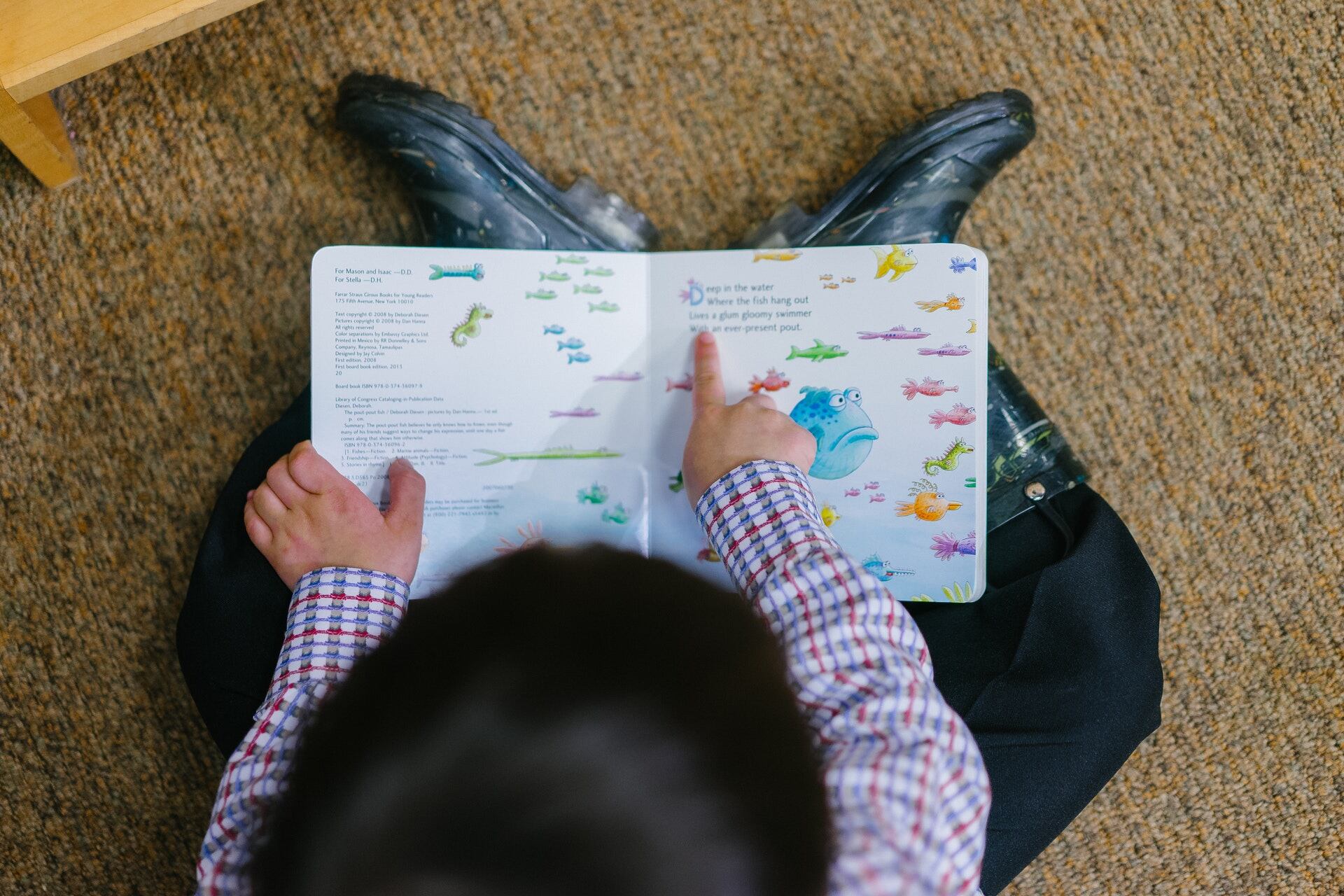In Chicago Public Schools, where some students compete in national slam poetry competitions while others graduate still struggling to comprehend grade-level texts, how well students learn to read can vary greatly between schools and even teachers.
The district’s wide-ranging new literacy plan, announced in late November amid a flurry of reopening news, aims to close those gaps. Jane Fleming, the district’s director of literacy, is the educator in charge of the new plan.
Named the PK-12 Vision for Advanced Literacy, the approach promises more professional development for teachers, easier access to strong literacy curriculums, and stronger bilingual reading resources for students. The literacy plan is a key ingredient of Chicago’s $135 million push to design a homegrown curriculum that will be available online to teachers across multiple subjects, and it’s one of the first parts of the plan to be publicly previewed.
It promises to be flexible for both in-person and remote learning, but stays within two key elements of the district’s approach to literacy: autonomy that lets schools choose the reading approaches they use and an approach it calls balanced literacy which uses individual and group reading, context clues, some phonics, and writing practice.
National researchers have said balanced literacy isn’t supported by the science on how children learning basic reading skills, which is dependent on phonics instruction. Fleming said there is some disagreement on how balanced literacy is defined, and that Chicago’s approach includes strong phonics instruction.
Chalkbeat Chicago caught up with Fleming to discuss the new plan and what it could mean for students:
What brought you to literacy work?
I started my career as a middle school mathematics teacher 28 years ago, and a lot of my students had difficulty with math because they had difficulty with reading. Back in the 80s, when I was trained, teachers were content specialists and weren’t trained more broadly about reading development. I eventually went back to school and got a certification as a reading specialist, worked for a number of years as a resource teacher and learning disability specialist, and eventually got my doctorate, where I studied reading disabilities and started to think about the broader context of learning to read and write.
What are the key ingredients of Chicago’s new plan, called the PK-12 Vision for Advanced Literacy?
At its core, it is our roadmap to ensuring that Chicago Public Schools students graduate with what we are terming advanced literacy skills. It’s really the idea that in 2020 it’s not sufficient to have basic or sufficient skills, we need all our students to have advanced literacy skills. Our goal is really to set out some research-based shifts and key practices that we are going to focus on over the next five years. The vision is organized around a framework that involves four shifts: ensuring equitable access to effective and rigorous literacy instruction, using data to create conditions for literacy equity in schools, increasing access to high-quality, culturally responsive resources, and redefining professional learning.
Since the pandemic shut down schools in March, how learning happens in Chicago schools has shifted. Teachers have to figure out new ways of judging reading comprehension, or attending to the needs of students at different levels. How are you approaching implementing these changes in a new environment?
Part of the CPS literacy vision and our five-year plan was to build in a focus on digital literacy, and communicating content in a digital environment. The move to remote learning has helped us accelerate in some ways our collective effort in those areas and so teachers are really gravitating toward the use of some of these tools.
We are thinking about this as tools to enhance student engagement and differentiation in any environment, whether it’s remote, hybrid or in-person learning. What we are anticipating is that {as} we gradually move back to hybrid and full-time in-person learning teachers will take these tools back with them into the [physical] classroom.
We have partnered with a digital literacy expert to develop a set of learning modules that are designed to support teachers in using a small set of [digital] tools that they and their students can get good at.
Does the new plan change any of the district’s central approaches to literacy? How are you defining balanced literacy?
The way we define balanced literacy in CPS is that you have to have a balance of foundational skills. Students need explicit systematic instruction in the sound structure of the language, and that is a core component of the CPS model. Nationally, we have somehow started to equate the term balanced literacy with just putting the books in front of students and hoping for the best. For us, it’s a balance of reading, writing, and instruction, really fostering comprehension. It’s a balance of teacher-led versus kind of student-initiated activity.
How do you weigh giving schools autonomy with making sure that each of the 513 district-run schools is teaching reading in a science-based way?
Yes, schools do have the option to choose which curricular tools they can use. If a school has a dual language program, they are going to use a different literacy program from one for monolingual English speakers.
The approach that we are taking with the vision for advanced literacy is to put forth our best research-based understanding of the practices that will lead to advanced literacy. Identifying these key research-based practices is an expectation we are setting as a district, to show teachers why we are advocating for these practices and giving schools tools to self assess and identify areas for growth.
This year, we also have a set of about 55 elementary schools that we identified last spring that didn’t have a phonics program that was sufficient for early literacy development. We worked with schools to set early literacy goals that followed a systematic and research-based scope and sequence, without saying you have to use this program or that program. We’re supporting these routes with professional learning.






